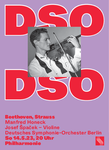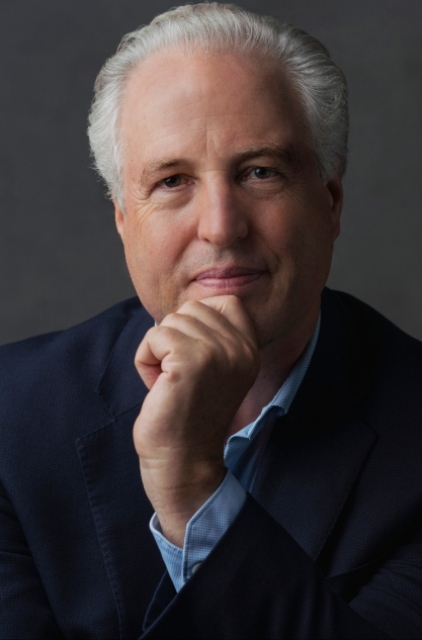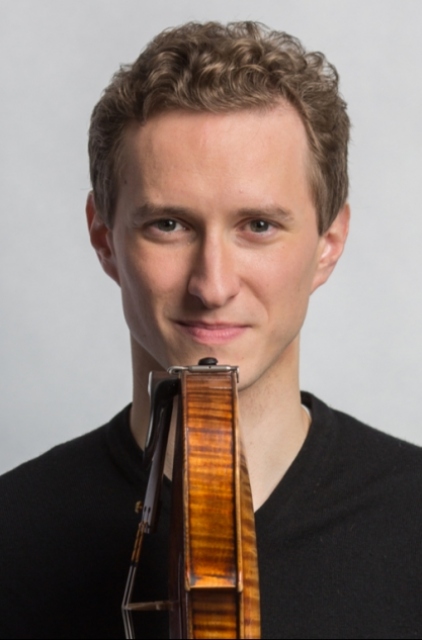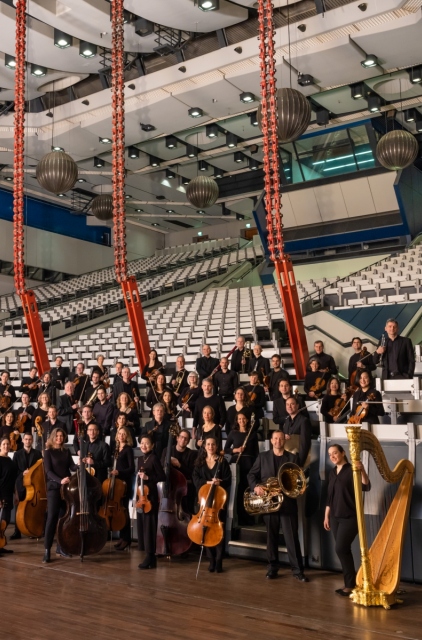For more than 70 years the Deutsches Symphonie-Orchester Berlin (DSO Berlin) has distinguished itself as one of Germany's leading orchestras. The number of renowned music directors, the scope and variety of its work, and its particular emphasis on modern and contemporary music, makes the ensemble unique. Founded as the RIAS Symphony Orchestra in 1946, it was renamed the Radio Symphony Orchestra Berlin in 1956 and has borne its current name since 1993.
At the beginning of the 2017-18 season Robin Ticciati took on the position as music director, carrying on a great tradition. As the first music director, Ferenc Fricsay defined the standards in terms of repertoire, acoustic ideal and media presence. In 1964, the young Lorin Maazel assumed artistic responsibility. In 1982, he was followed by Riccardo Chailly and in 1989 by Vladimir Askenazy. Kent Nagano was appointed music director in 2000. Since his departure in 2006, he has been associated with the orchestra as an honorary conductor.
From 2007 to 2010, as the successor to Nagano, Ingo Metzmacher set decisive accents in the concert life of the capital with progressive programmes and consistent commitment to the music of the 20th and 21st centuries. Since September 2012, the North Ossetian Tugan Sokhiev has been music director of the Deutsches Symphonie-Orchester Berlin.
Apart from its concerts in Berlin, the DSO is also present in many guest appearances in international music life. The orchestra has held performances in the major concert halls of Europe, North and South America, the Near, Middle and Far East. The DSO is also in demand worldwide with many award-winning CD recordings. In 2011, it was awarded a Grammy Award for the best opera recording for the production of Kaija Saariaho's ›L'amour de loin‹ conducted by Kent Nagano. In September 2017 the first CD of the DSO and Robin Ticciati has been released on the Linn Records label.
The Deutsches Symphonie-Orchester Berlin is an ensemble of the Radio Orchestra and Choirs GmbH (roc berlin). The shareholders are Deutschlandradio, the Federal Republic of Germany, the State of Berlin and Radio Berlin-Brandenburg.





